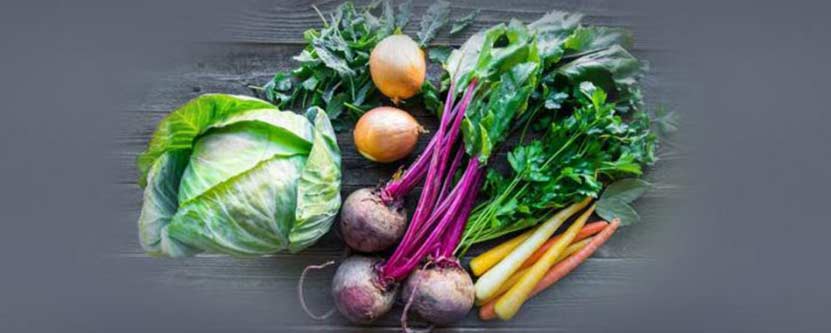Every plant has its own time and season to grow naturally.
[the_ad id=”6287″]Nowadays, you have the privilege of buying summer produces in winter and vice-versa. But there’s something tempting about the fresh produce. Every season is a time to experiment and give your palate a change in taste.
What are the benefits of eating seasonal products?
Bring Variety
Eating seasonal produce challenges your creativity. You come up with a variety of dishes that brings a change to your palate and helps you to develop food tolerances.
Flavours
Freshness and good flavor complement each other. Ripe produce tastes delicious. Fresh produce can be identified by its colour and fragrance. Buy according to your need but don’t store them in the fridge. Chilling reduces flavor.
Fresh and High Nutritional Value
Seasonal products contain antioxidants like Vitamin C, carotenes and folate. If stored away for a long time then, all these antioxidants die out. So consume seasonal goods in the season only.
Fulfills your Nutritional Needs
Seasonal produce satisfies your needs for that specific season. During winters, citrus fruits prevent cold and flu. Vegetables give you comfort and can be perfectly cooked into hot soups, healthy stews and warming meals. In summers, fruits keep you cool and hydrated and vegetables provide tasty cool summer salads.
Cost Effective
The supply and demand rule works here. In summers, watermelons are cheaper but in winters they’re expensive. So let your purchases be pocket-friendly.
Truly Natural
Toxic compounds contaminate water, soil and your health. Eating seasonal produce that grows without too much of pesticides and genetic modification ensures that you’re consuming toxin-free food.
Environment Friendly
Eating seasonal produce grown locally supports local farming, encourages less energy use and less transportation, for a better environment.
What are the disadvantages of not eating seasonally?
- These food products are brought from long distances so, they’re not fresh.
- These are picked when still immature so that they don’t get spoilt on the way. This affects the taste, aroma of the products and causes vitamin degradation and nutrient loss.
- Transporting products to long distances, greenhouse gas emissions encourages global warming.
To lead a healthy life, respect the Earth’s ecology. Pesticides, farming practices and pollution strip the soil of its minerals and the produce affects our health. It’s no surprise that many experience mineral deficiencies and poor health. Seasonal produce is important but choosing organic products is more important.
Source:

